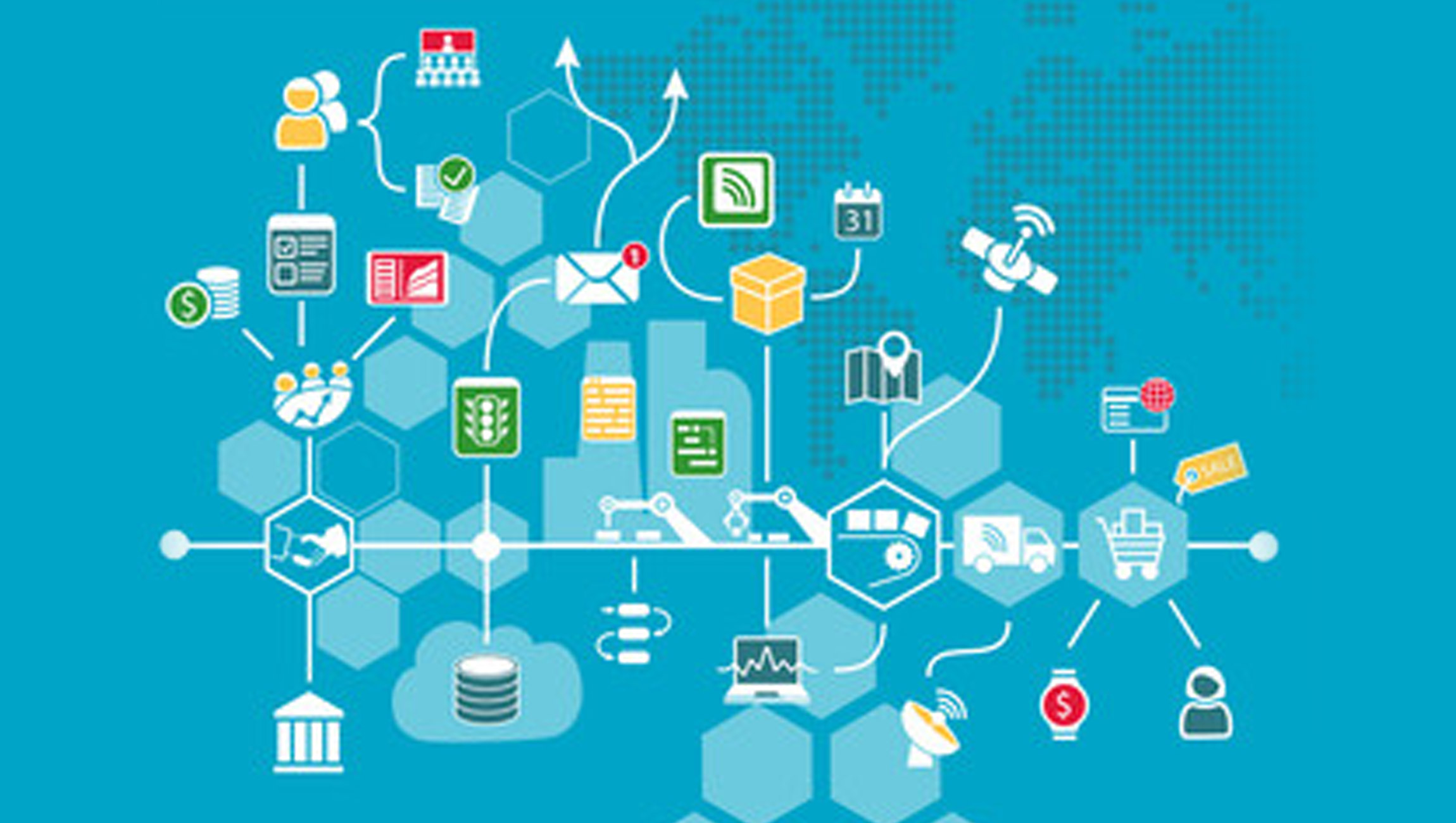As entrepreneurs prepare for technology improvements, B2B marketing is getting more competitive. In addition, the Internet of Things is altering the B2B marketing environment and opening up new avenues for innovation for B2B marketers.
Innovative B2B products and services embrace digital innovation by harnessing IoT to fulfill the needs of target organizations that also serve as customers or end-users. Though it is still new in digital marketing, it may only be a matter of time before a full transition is seen here.
Marketing Technology News:MarTech Interview with Chris Gladwin, CEO and Co-founder at Ocient
Key Changes in B2B Marketing and IoT
- Data of Consumers & Analysis – All modern B2B businesses rely on data, and IoT allows B2B marketing teams to acquire data that was previously unavailable for them to access.
B2B Businesses can now obtain data about consumers’ surroundings and locations and their behavior via IoT devices and connectivity. In addition, wearable gadgets, smart homes, and loT smart speakers continually gather data about users’ actions, decisions, and pain points. All of this works in favor of B2B marketing strategies.
This information may be utilized to develop effective marketing strategies that are personalized to customers’ demands. As marketers are well aware, while IoT gives more tools for data collection, effective analysis takes time and effort. Software makers are attempting to solve the lack of analytics expertise by making their solutions more powerful and easier to use.
- Personalization – Data analysis provides B2B marketers with a more in-depth understanding of their consumers’ wants and behaviors, allowing them to develop tactics suited to specific users. Until recently, the goal of mass marketing was to reach as many individuals as possible with the same message. There is an emphasis on individualized marketing techniques derived from consumer evaluation tools, and IoT is now helping make this strategy more successful for B2B businesses. B2B marketers can better understand their consumers thanks to the data generated and analyzed via IoT. This understanding enables them to customize their material to be more powerful by sending an email with the customer’s first name and tailoring the email message and links for them. In addition, brand websites may retarget customers based on their wants and frame of mind at a given time using data received which they receive from loT devices.
The more customized a marketing effort is by B2B businesses, the better the outcomes. Brand loyalty may be increased by better understanding and meeting customers’ demands.
Marketing Technology News: Five Tips for Building a Strong Customer Community in 2022
- Automation – B2B marketing automation is becoming an essential part of business structures. With the increased acquisition of IoT-connected devices, the usage of automation is anticipated to expand and evolve.
B2B marketers can now rely on software to do simple and repetitive duties, freeing up their time for more strategic work, thanks to the marketing automation software now accessible to B2B businesses. IoT enables B2B marketers to link a range of technologies to communicate with one another without the need for human interaction saving time and effort. As a result, B2B Businesses are better prepared with IoT automated marketing tools to build long-term connections with clients and promote repeat purchases.
Advantages of loT for B2B Businesses
With loT, B2B marketing campaigns and businesses gain many benefits. Some of these advantages:
- Research – The vast volume of data acquired by loT equipment in the field enables B2B businesses to do more thorough consumer market research. B2B companies may see how their products or services perform compared to their B2B competitors by leveraging IoT-generated data. IoT-enabled services and goods may also give insights on why they are not working as expected and how to enhance existing methods to improve customer knowledge and use of their solutions.
- Testing – Testing is an excellent approach to validate study findings for B2B marketing teams. Following the creation and implementation of a marketing strategy, a B2B marketing team must follow through on the approach to monitor success and work out methods, if any, to improve the plan’s results. Testing enables a marketing team to compare the outcomes of a current process to the outcomes of market research.
Integrated IoT technology makes it easy to compare the performance of two or more prototypes. The IoT data obtained allows B2B marketing teams to evaluate how to enhance their goods by offering insights into how they are utilized and improved.
Although IoT is still in its infancy when it comes redefining marketing as a whole, B2B businesses are already seeing promising outcomes. The more connected gadgets are built for the world, the better B2B marketers become at interpreting the data generated by them; the more efficient marketing campaigns may become in future.
Marketing Technology News:MarTech Interview with Matt Ramerman, President at Sinch for Marketing











